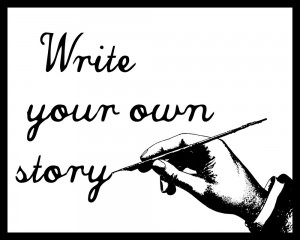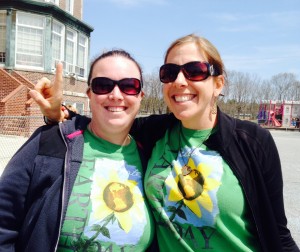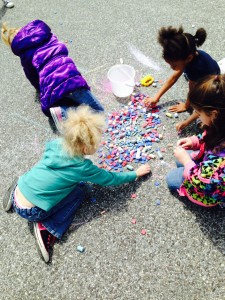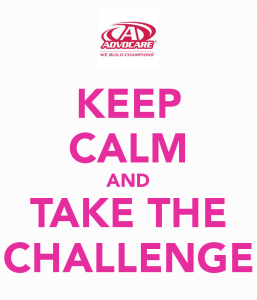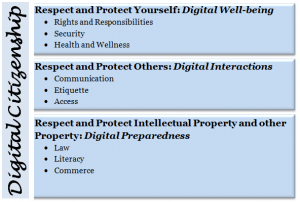
source: digicitizenship.wikispaces.com
As technologies emerge, it has become very easy for people to overlook and acknowledge their sources. Some people even take “pride” in stealing. You may hear them say that they just add their name to a power point, picture, or even the written word. As an educator, I take offense to this thinking. In fact, it runs contrary to what has made our profession so unique and powerful.
When I blog, I always give credit to the content, pictures or videos I place in this blog. I am trying to model digital citizenship and true 21st century learning. As an online adjunct professor, even in a discussion board, I challenge the students to acknowledge or “ground” their sources. As a Principal, I require my faculty to use the data or resources to support a claim or a new initiative.
Here are a few tips to maintain good Digital Citizenship that could help you become a trusted source of information in the 21st Century:
- When you share information, be sure to give credit – This is easy to do and can be accomplished by a link, footnote, traditional APA or MLA citation, or simply stating “source”
- When in doubt, leave it out – If you feel you need to get permission and either don’t have the time, or can’t contact the originator, just leave it out and mention it
- Encourage people to help you – It is OK to ask on Social Media about the origins of a particular source, or to even seek out sources to use in your blog
- Be honest – If you have no idea where you got something, as long as you don’t portray that you made it, you will be fine
- Sign up in communities such as Flickr for photographs or Reddit for art
If we want our students to cite the text, and make inferences, we should too! Check out this video about citing text for students from the Teaching Channel



